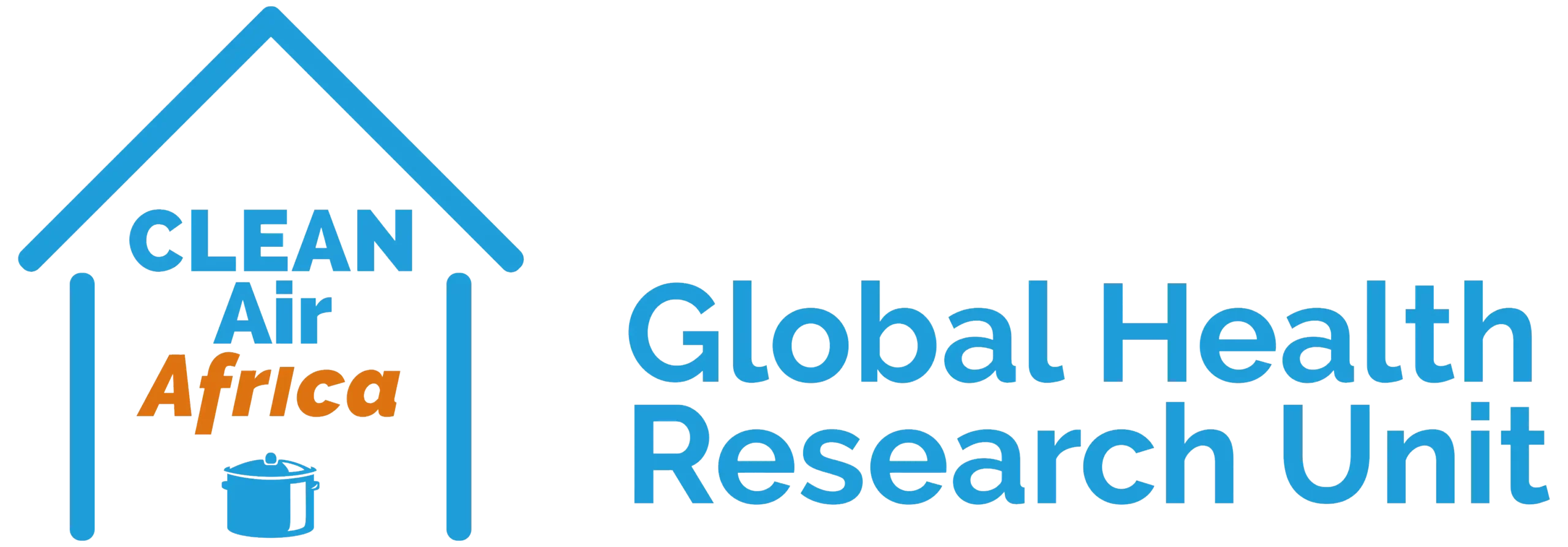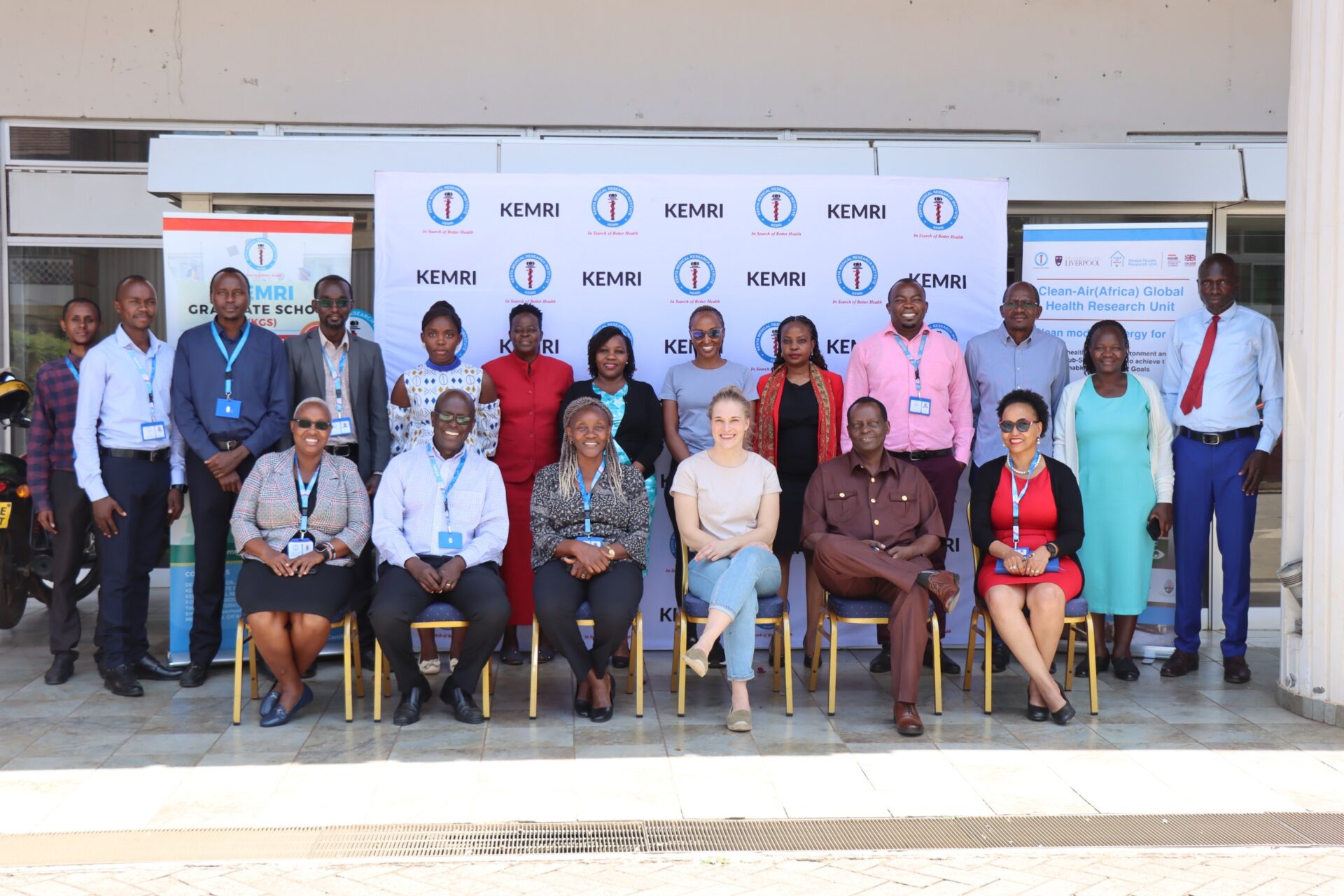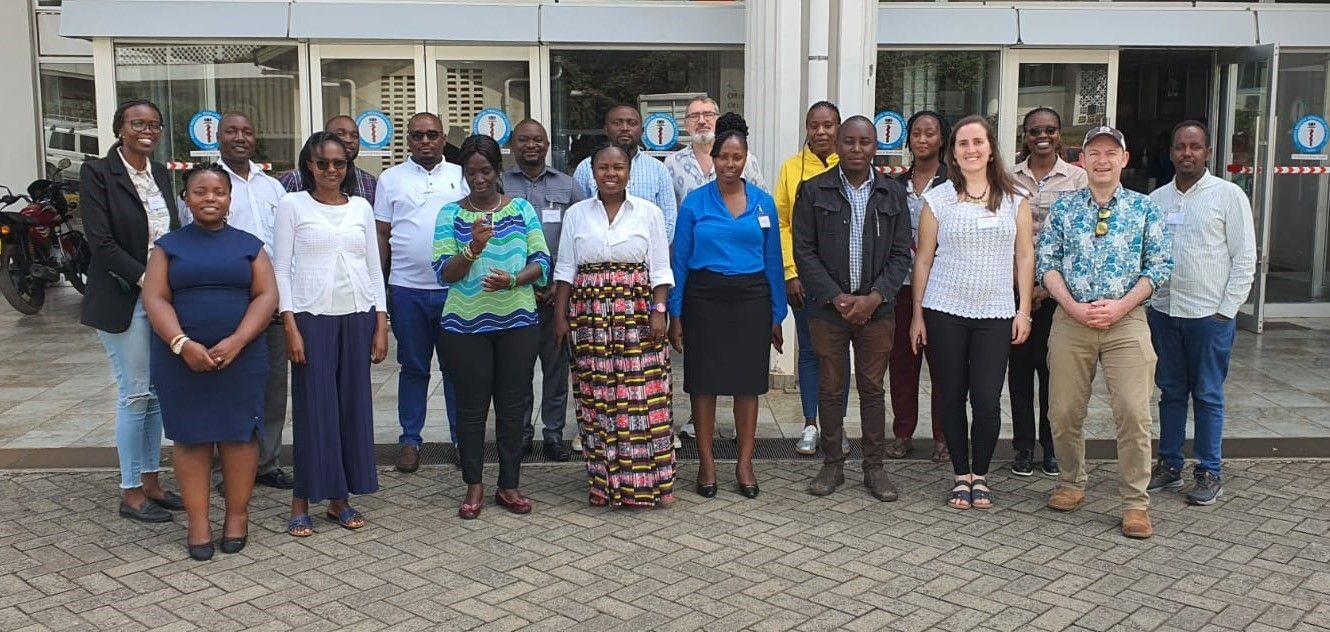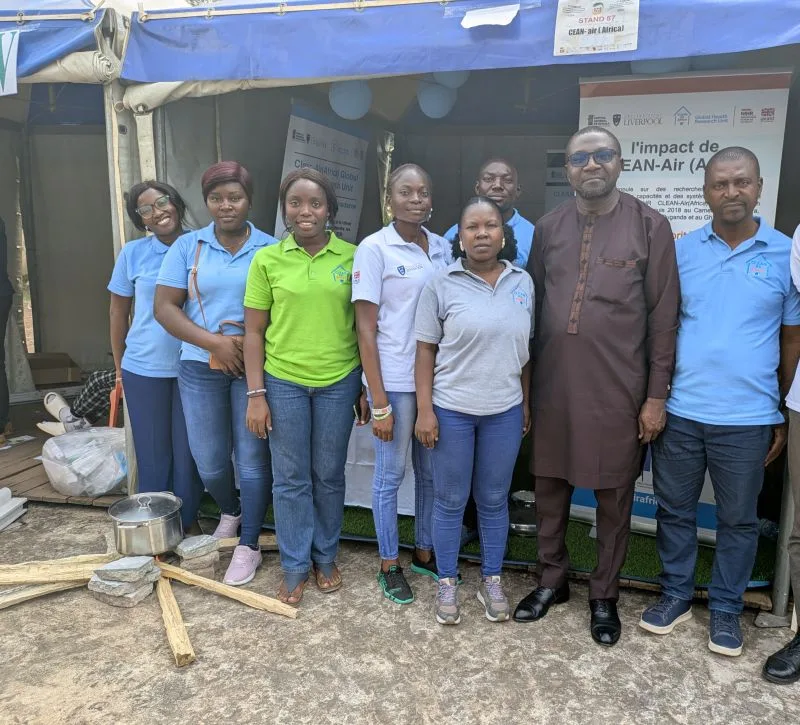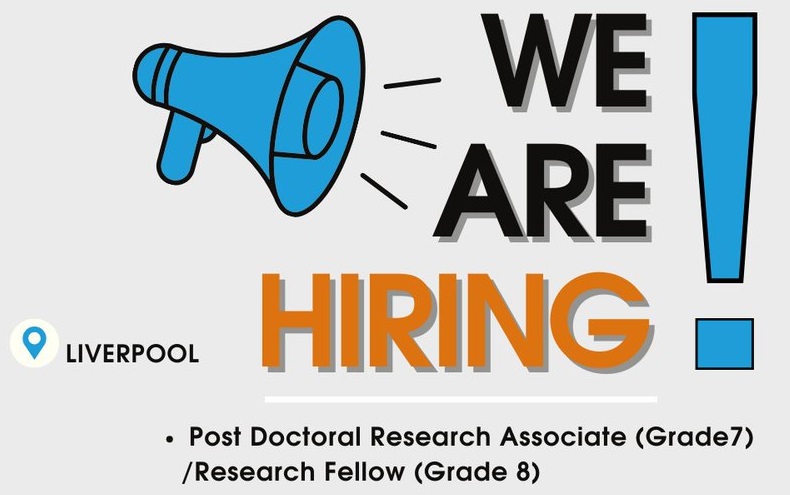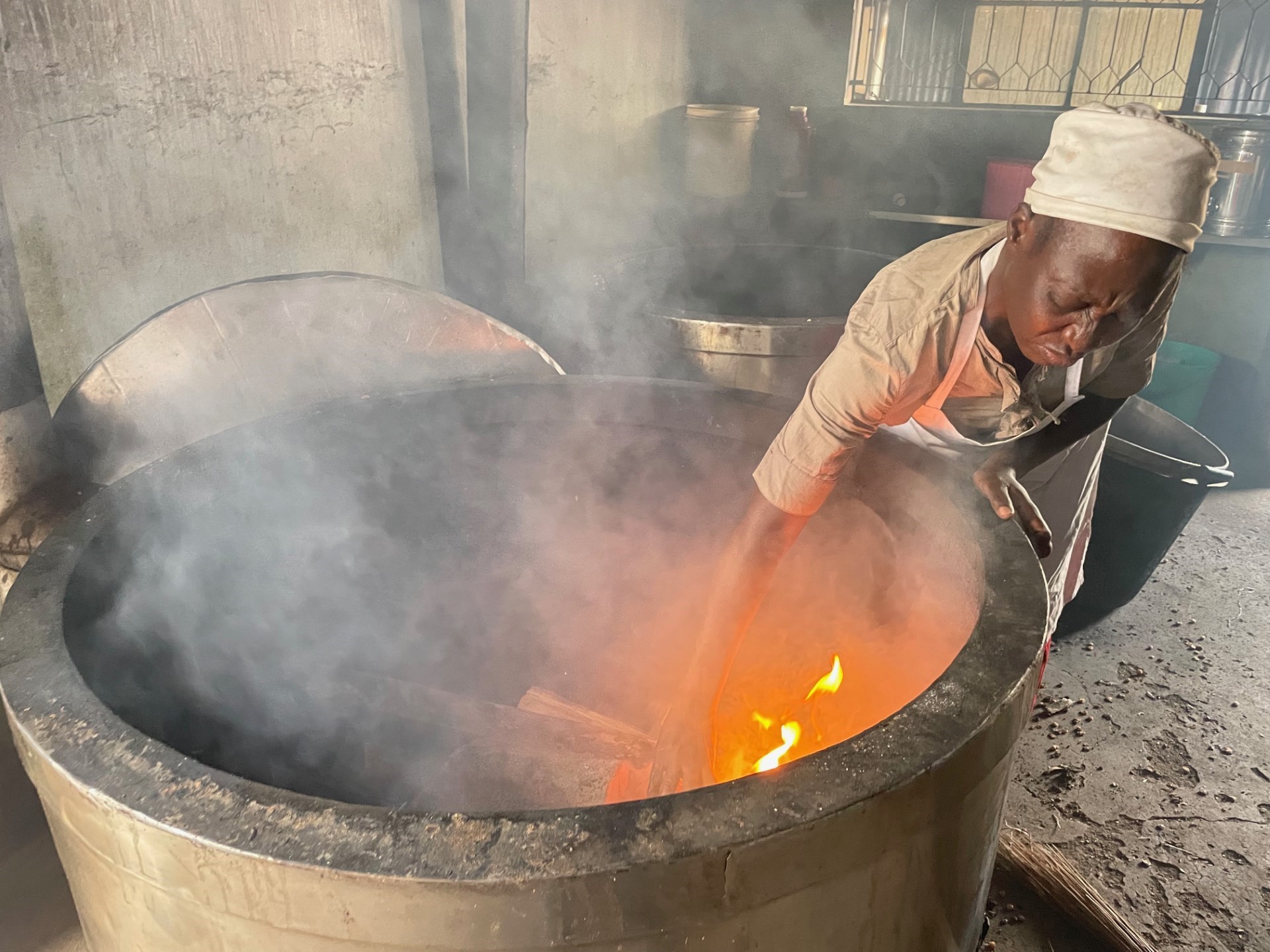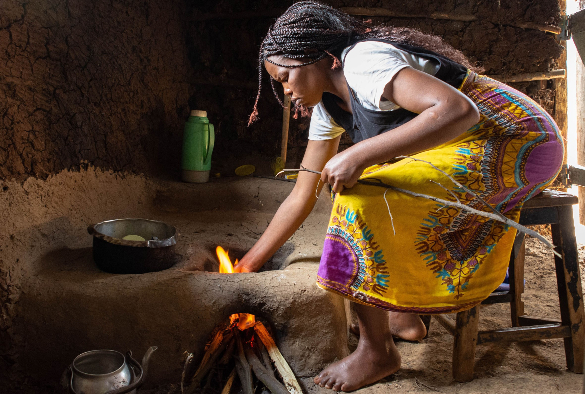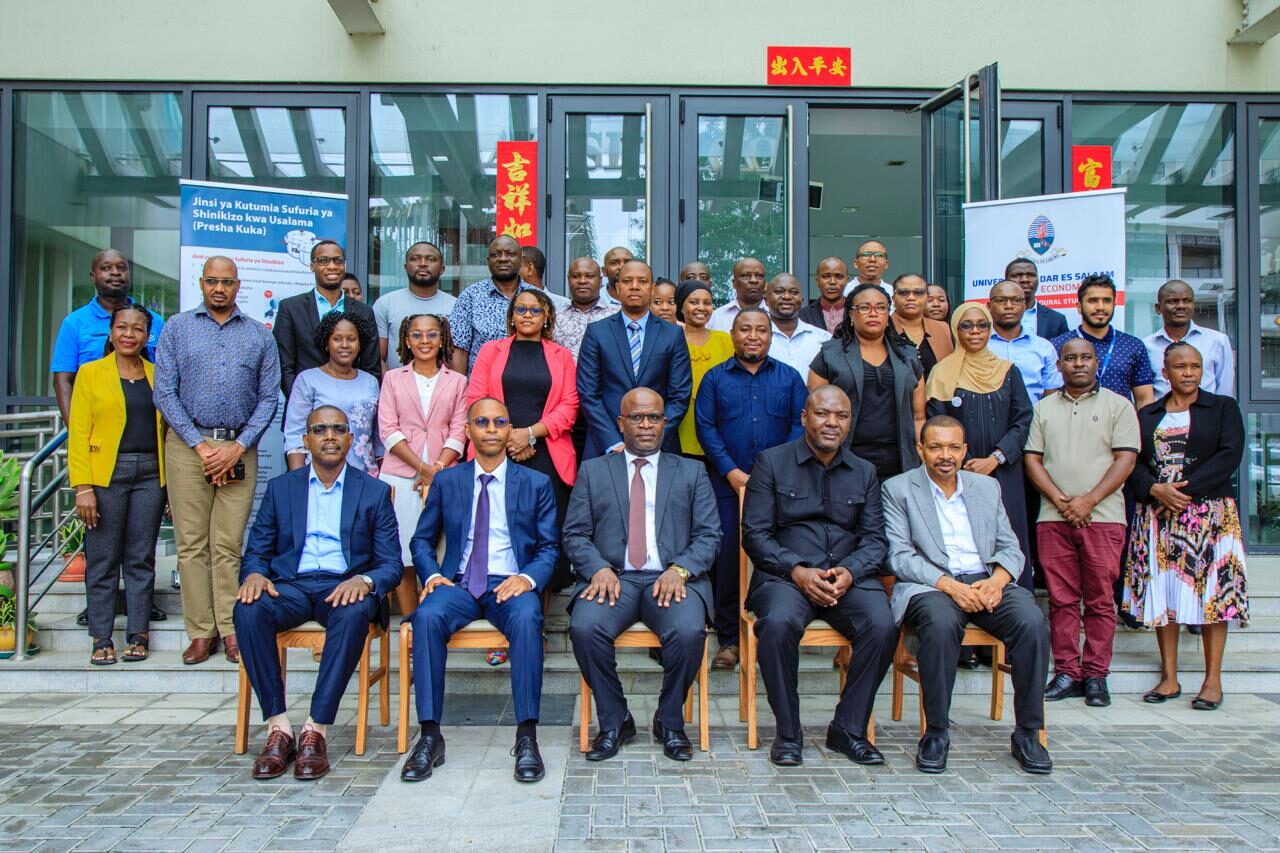
Randomized Controlled Trial launched to address barriers to exclusive clean cooking in Tanzania
Today we officially launched our RCT to address the barriers to exclusive clean cooking in Tanzania under the theme “Ondoa Moshi, Okoa Maisha” (Reduce Smoke, Save Lives)!
